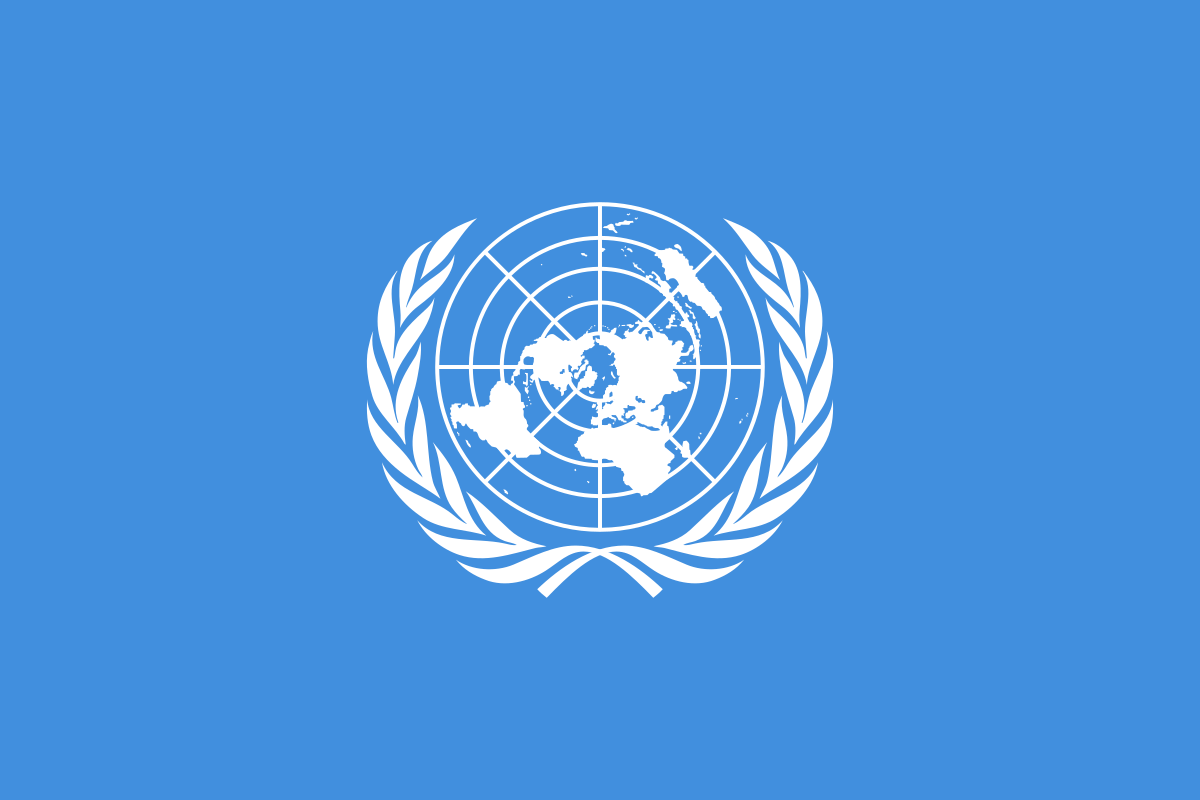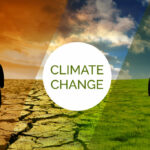The Coronavirus (COVID-19) pandemic, the latest crisis facing the world, will not be the last until humans release their grip on nature, says a new UN report published on Tuesday.
According to the report titled “The Next Frontier: Human Development and the Anthropocene,” world leaders need to take bold steps to reduce the immense pressure that is being exerted on the environment and the natural world, or humanity’s progress will stall.
- COVID-19 Spike: Why FG’s Home Care Policy Is Unsustainable
- Council Makes Case For Nigeria To Procure Two New Satellites
“Humans wield more power over the planet than ever before.
Redefining issues of our time
“In the wake of COVID-19, record-breaking temperatures and spiraling inequality, it is time to use that power to redefine what we mean by progress, where our carbon and consumption footprints are no longer hidden,” said Achim Steiner, the Administrator of the UN Development Programme (UNDP).
“As this report shows, no country in the world has yet achieved very high human development without putting immense strain on the planet.
“But we could be the first generation to right this wrong. That is the next frontier for human development,” Steiner added.
The report, “with greater emphasis on the defining issues of our time such as climate change and inequalities, helps us to steer our efforts towards the future we want,” said Swedish Prime Minister Stefan Lofven.
Working with nature
The next frontier for human development will require working with and not against nature, while transforming social norms, values, and government and financial incentives, the report said.
For example, by 2100, the poorest countries in the world could experience up to 100 more days of extreme weather due to climate change each year, a number that could be cut in half if the Paris Agreement is fully implemented, it said.
Reforestation and taking better care of forests could alone account for roughly a quarter of the pre-2030 actions humans must take to stop global warming from reaching two degrees Celsius above preindustrial levels, it added.
Besides, inequalities within and between countries, with deep roots in colonialism and racism, mean that people who have more capture the benefits of nature and export the costs, the report noted, adding this chokes opportunities for people who have less and minimises their ability to do anything about it.
And discrimination based on ethnicity frequently leaves communities severely affected and exposed to high environmental risks such as toxic waste or excessive pollution, a trend that is reproduced in urban areas across continents, it said.
According to the report, as people and planet enter an entirely new geological epoch, it is time for all countries to redesign their paths to progress by fully accounting for the dangerous pressures humans put on the planet, and dismantle the gross imbalances of power and opportunity that prevent change.
Public actions
Public actions can address these imbalances, with examples ranging from increasingly progressive taxation and to protecting coastal communities through preventive investment and insurance.
This is a move that could safeguard the lives of 840 million people who live along the world’s low elevation coastlines, it maintained.
The report added that there must be a concerted effort to ensure that the actions do not further put people against the planet.
Two new indicators
The report also introduced two more indicators — a country’s carbon dioxide emissions and its material footprint — into the Human Development Index (HDI), a statistic composite index of life expectancy, education and per capita income indicators, to show how the global development landscape will change if both the wellbeing of people and the planet are central to defining humanity’s progress.
This year’s adjusted index, named PHDI, painted a less rosy but clearer assessment of human progress.
For example, more than 50 countries drop out of the “very high human development” group, reflecting their dependence on fossil fuels and material footprint.
Transforming our relationship with the planet
Meanwhile, countries such as Costa Rica, Moldova, and Panama have moved upwards by at least 30 places, showing lighter pressure on the planet is possible.
“While humanity has achieved incredible things, it is clear that we have taken our planet for granted.
“We need to transform our relationship with the planet — to make energy and material consumption sustainable.
“And to ensure every young person is educated and empowered to appreciate the wonders that a healthy world can provide,” said UN Secretary-General’s Envoy on Youth Jayathma Wickramanayake.
Today, broken societies are putting people and the planet on a collision course, noted Pedro Conceicao, Director of UNDP’s Human Development Report Office and lead author of the report.
“The next frontier for human development is not about choosing between people or trees; it’s about recognising, today, that human progress driven by unequal, carbon-intensive growth has run its course.
“By tackling inequality, capitalising on innovation, and working with nature, human development could take a transformational step forward to support societies and the planet together,” he said. (Xinhua/NAN)

 Join Daily Trust WhatsApp Community For Quick Access To News and Happenings Around You.
Join Daily Trust WhatsApp Community For Quick Access To News and Happenings Around You.


